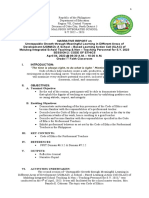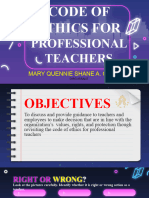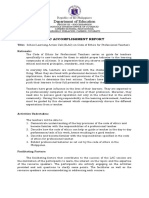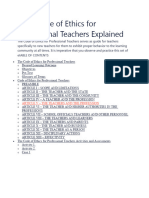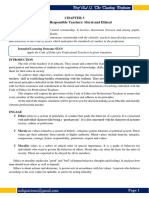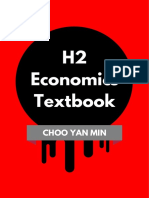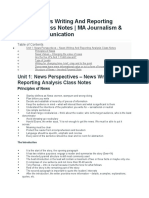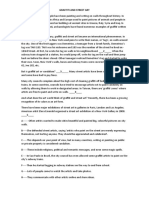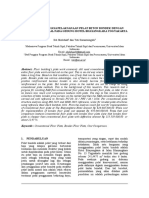0% found this document useful (0 votes)
16 views2 pagesNarrative
The narrative report details an INSET orientation held at Marikina Science High School on June 18, 2025, focusing on the Code of Ethics for Professional Teachers in the Philippines. The session aimed to reorient educators on ethical principles, promote professionalism, and foster a respectful school culture, highlighting key articles of the Code. Insights gathered emphasized the importance of teachers' roles as moral exemplars and the need for ongoing ethical development within the profession.
Uploaded by
nhslrc2022Copyright
© © All Rights Reserved
We take content rights seriously. If you suspect this is your content, claim it here.
Available Formats
Download as DOCX, PDF, TXT or read online on Scribd
0% found this document useful (0 votes)
16 views2 pagesNarrative
The narrative report details an INSET orientation held at Marikina Science High School on June 18, 2025, focusing on the Code of Ethics for Professional Teachers in the Philippines. The session aimed to reorient educators on ethical principles, promote professionalism, and foster a respectful school culture, highlighting key articles of the Code. Insights gathered emphasized the importance of teachers' roles as moral exemplars and the need for ongoing ethical development within the profession.
Uploaded by
nhslrc2022Copyright
© © All Rights Reserved
We take content rights seriously. If you suspect this is your content, claim it here.
Available Formats
Download as DOCX, PDF, TXT or read online on Scribd
/ 2



